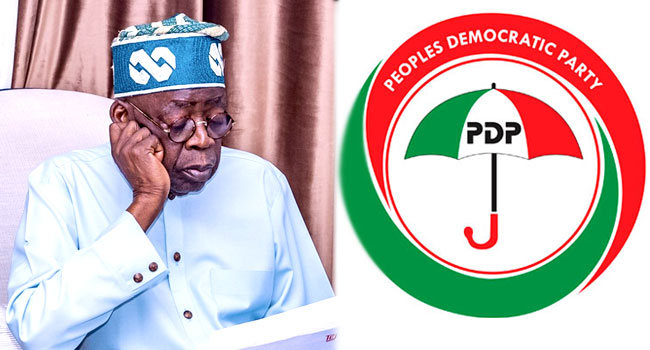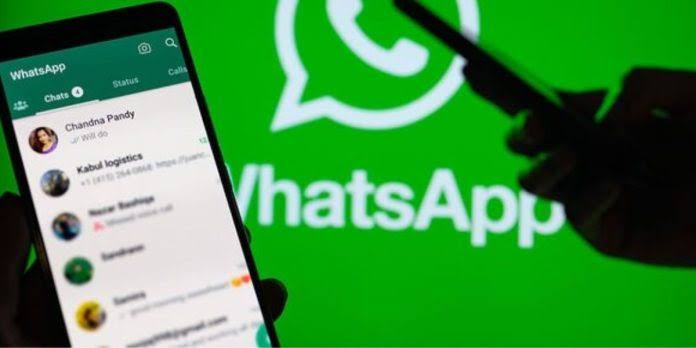Dangote Exports 1.3bn Litres Petrol As Marketers Buy Foreign Fuel
The Dangote Petroleum Refinery has commenced the export of Premium Motor Spirit (PMS), supplying around 1.35 billion litres to international markets over the past 50 days.
Chairman of the Dangote Group, Alhaji Aliko Dangote, revealed this during the ongoing Global Commodity Insights Conference on West African Refined Fuel Markets, organized by the Nigerian Midstream and Downstream Petroleum Regulatory Authority in collaboration with S\&P Global Insights.
Dangote stated that between June and July 2025, the refinery exported up to one million tonnes of petrol—equivalent to approximately 1.35 billion litres.
“Today, Nigeria has actually become a net exporter of refined products. Before I came on the podium, I asked my people how many tonnes of PMS we have actually exported. From June beginning to date, we have exported about 1 million tonnes of PMS, within the last 50 days,” he said.
Despite the Dangote refinery’s recent export push, Nigeria continues to depend significantly on imported fuel. According to the Nigerian Midstream and Downstream Petroleum Regulatory Authority (NMDPRA), Nigeria and several other West African nations still source nearly 69 percent of their gasoline from foreign markets.
NMDPRA Chief Executive, Farouk Ahmed, made this known at the same conference, citing 2025 data that shows an average monthly gasoline trade volume of 2.05 million metric tonnes in the region, with imports accounting for 69 percent.
Findings by *The PUNCH* also revealed that, within the last eight days alone, Nigeria imported a total of 231.88 million litres of Premium Motor Spirit (PMS). According to the Nigerian Ports Authority’s latest *Shipping Position Daily*, the fuel shipments arrived through terminals in Apapa, Tincan, and Calabar Ports.
The report put the total PMS imports during the period at 172,917 metric tonnes, which, when converted using a standard of 1,341 litres per tonne, equals 231.88 million litres.
Meanwhile, Dangote’s export efforts have not been without controversy. The refinery has been accused of attempting to dominate the downstream sector, a claim Alhaji Aliko Dangote has firmly denied.
“Let me take this opportunity to address concerns around monopoly and dominance. The reality is that too many people who have the means and the opportunity to contribute meaningfully to our nation’s growth choose instead to criticise from the sidelines while investing their wealth abroad,” Dangote said.
President Bola Tinubu has also weighed in on the issue, saying that Africa must end its role as a passive price taker in the global energy market and begin to shape its pricing, trade, and regulatory structures to reflect its production realities better.
“Africa can no longer remain a price taker for its resources. It is time to establish credible, transparent benchmarks that reflect our realities and protect our economies,” Tinubu said in a post on his official X handle.
According to Tinubu, Nigeria is working with regional partners to build an integrated market that would reward African production, secure energy access for local populations, and deepen cross-border prosperity.
“From refining to regulation, data transparency to trade flows, Nigeria is working with regional partners to build an integrated market that rewards our production, secures energy for our people, and deepens prosperity across borders,” the president stated.
The PUNCH
7/23/2025, 7:25:43 AM
views 12211
7991







